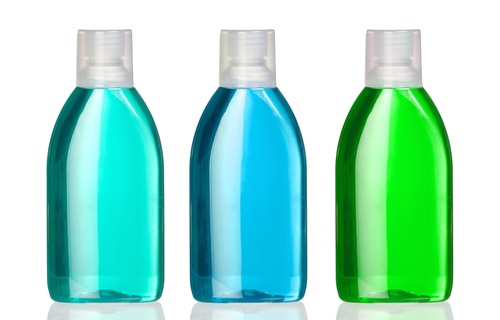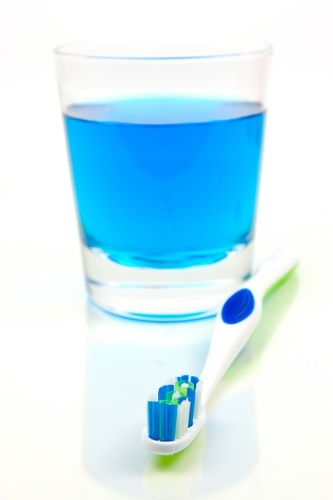You’ve seen the movie “My Big Fat Greek Wedding,” right? If not, you’re seriously missing out. Nia Vardalos, the star and brains behind the movie, is hilarious. What you might not know, however, is that she is a probiotics enthusiast, which impacts how she takes care of herself and her daughter.
Probiotics are “good” bacteria that help keep your health in check. You probably know that probiotics are found naturally in yogurt. Now there’s another easy source. GUM® just released PerioBalance, a mint-flavored daily lozenge containing a blend of probiotics to help neutralize harmful bacteria surrounding your teeth and gums.
As a family dentist in Atlanta, Georgia, Dr. Peter Pate agrees with many of Nia’s tips for a healthier smile. Check them out:
- Load up on calcium. Drinking milk builds strong bones (yes, your teeth are bones). A lack of calcium increases your risk of tooth decay and cavities.
- Boost your Vitamin C intake. Citrus fruits and other foods that are high in Vitamin C help ward off infection. Eat more, and lessen your chances of developing gingivitis and gum disease.
- Get your fill of fruits and veggies. The crispier your food, the better. Fruits and vegetables help to wipe bacteria off of your teeth, and chewing increases the production of bacteria-neutralizing saliva.
- Stick with tea and water. Studies show that black tea can rid your mouth of the bacteria found in dental plaque. Water rinses away bacteria and food particles that can eventually stick to your teeth and become plaque at the gum line.
- Avoid candy and soda. Sugar and acid are the enemies of your teeth. You don’t have to avoid these treats completely, but limit your intake as much as possible, and make sure to brush and floss thoroughly after you consume sugar-loaded foods and drinks.
Above all, Nia made a point of teaching her daughter how to brush and floss. “It’s all about prevention. Invest now, avoid health issues in the future,” Nia says.
Well said, Nia! Dr. Pate and his team at Dentistry in Buckhead provide dental care to patients of all ages in the greater Atlanta area. To schedule an appointment, call (404) 266-9424.
Content for this blog post found on EverydayHealth.com.







